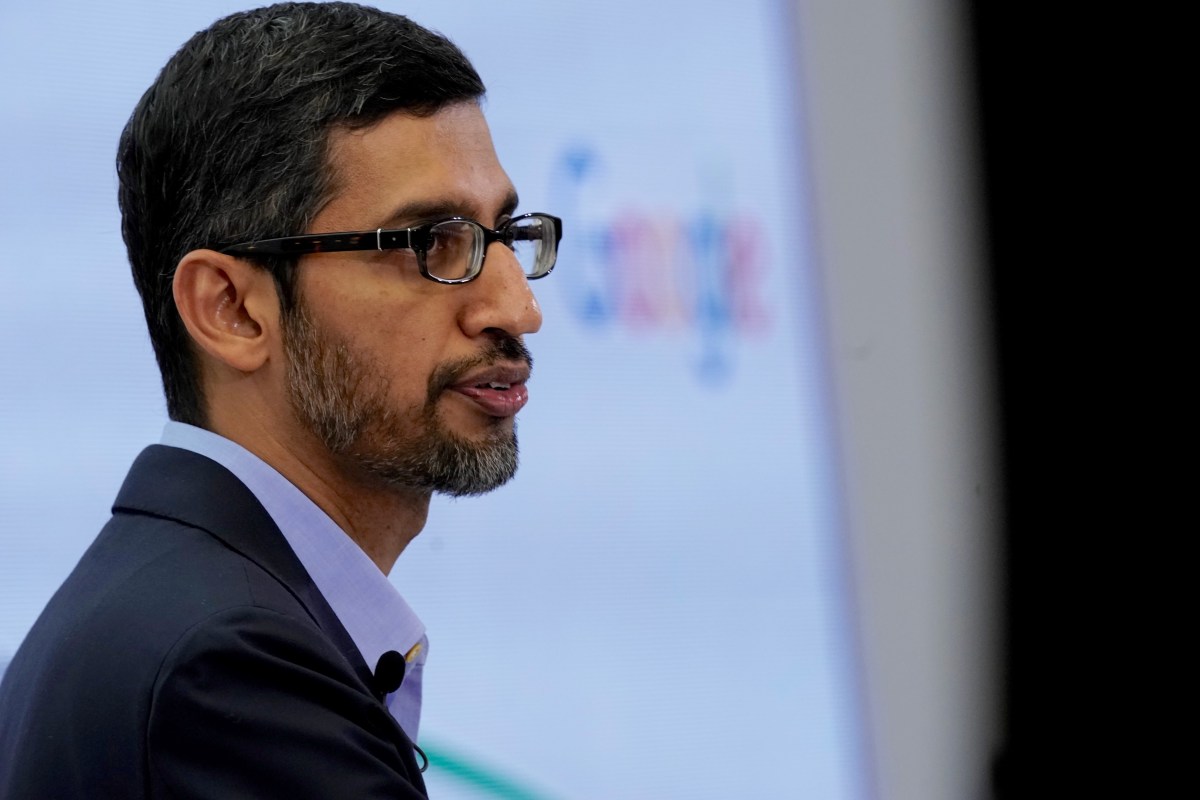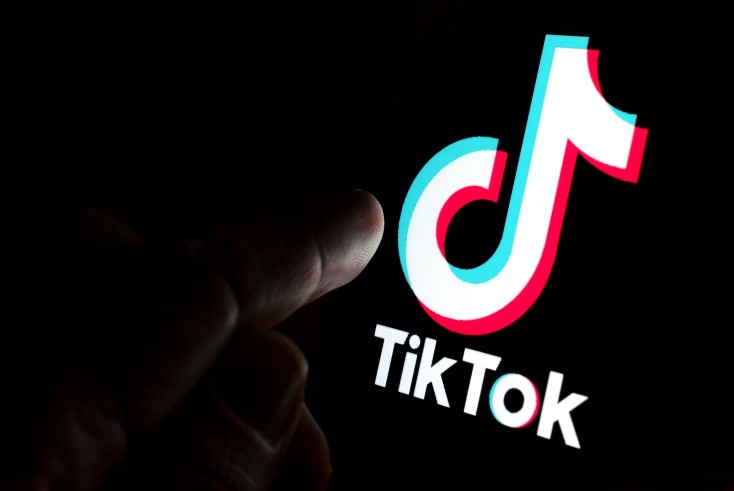
Good morning! Today’s newsletter is brought to you by Esther.
Entries for 2024’s Publisher Newsletter Awards are now open. Head over to publishernewsletters.com to check out all the categories and entry critieria. And if you fancy joining our esteemed judging panel, just reply to this email.
When Pierre Omidyar and Randy Ching founded Civil Beat in 2010 as a way to make a difference to news and public information in Hawaii, they started with a digital subscription paywall. But over time, they found the for-profit paywall was restricting their content reach and giving them a very transactional relationship with their readers.
That’s fine – paywalls work really well for some publishers, and aren’t the right fit for others. But how can you roll back a paywall and reposition your whole business model successfully? Civil Beat has managed, transitioning to a nonprofit reader-supported model in 2016. Since then, they’ve made ‘substantial revenue progress’ and have committed to reinvesting that money into the newsroom.
I also thought it was interesting how much the investment in a daily email newsletter paid off. It has played a key part in turning readers into donors, and more than tripling website traffic. Wonder if they’ll be entering the Publisher Newsletter Awards…
France’s competition authority has found Google used content from publishers and press agencies for training Bard “without notifying the copyright holders or the Authority”. I’ve been pretty cynical about governments and regulatory bodies moving fast enough to make the blindest bit of difference to the march of GenAI. But stories like this give me tiny glimmers of hope that, just perhaps, the creators of these models are sweating just a little bit at the thought of these cases stacking up.
Another day, another story about how fragile it is to build your business on someone else’s platform. A TikTok ban is still some way off – even if it gets signed into US law, the owners still have six months to sell. And there’s nothing similar in the pipeline yet in the UK. But a US ban would have a tangible impact on influencers and creators in the UK with even a small proportion of US followers.
Sorry, another AI/Google story. But this is a good one from a recent INMA Media Subscriptions Summit keynote by Professor Rajkumar Venkatesan, and is reassuring in some respects. Google brought in $31 billion in revenue from its ad network on publisher sites in 2023, and isn’t going to want to simply flush that away. Madhav Chinnappa said to us back in 2019 that the tech giant is “selfishly incentivized to want the news ecosystem to thrive, because if they thrive and they make more money, we end up making more money.”








